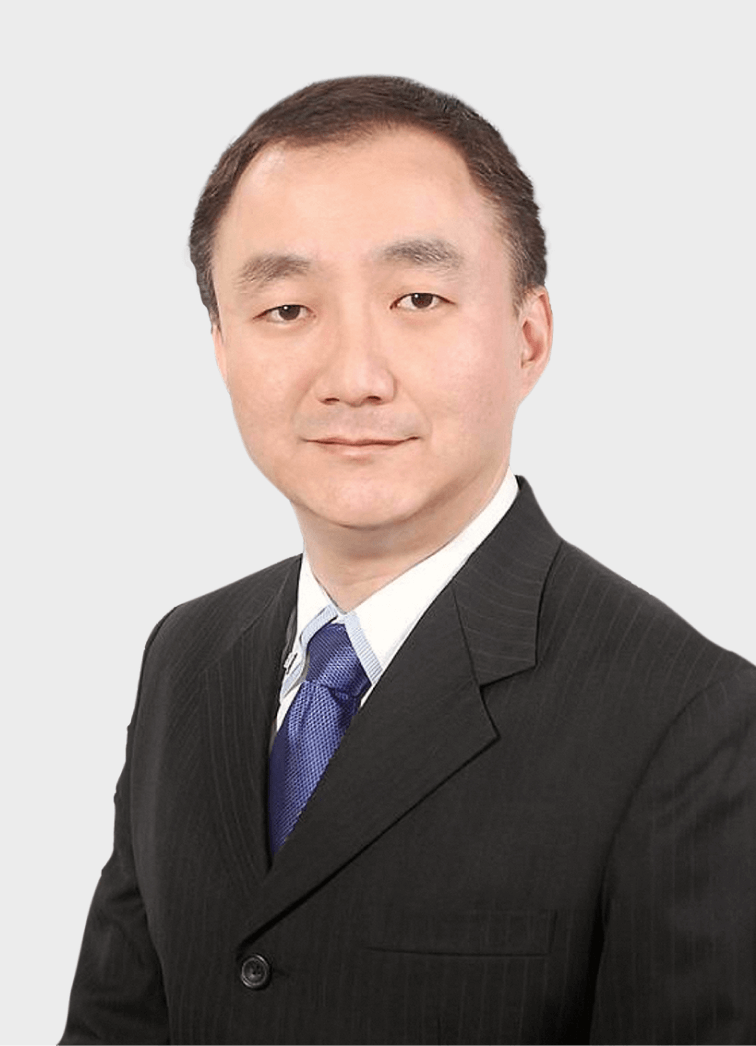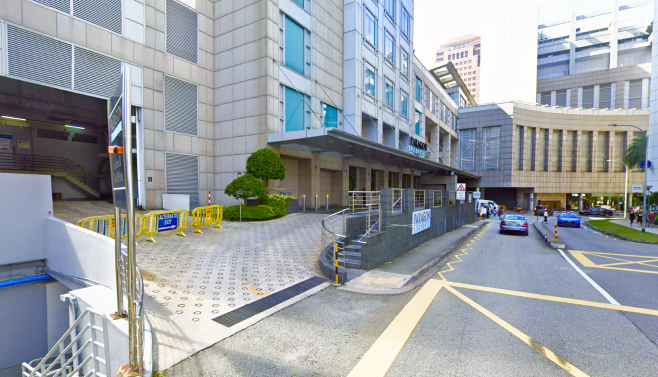The Safety Net
Are you suffering from a Tic disorder or Tourette's Syndrome?
Senior Consultant Psychiatrist, Dr. Tan Sheng Neng
MMED (Psych), MBBS, MCI, FAMSA tic is a sudden, repetitive, nonrhythmic motor movement or vocalisation involving discrete muscle groups. Tourette syndrome is generally diagnosed when at least one year has passed since the onset of the first tic, and the patient has experienced at least one phonic tic and at least two motor tics. Examples of tics include:
- Blinking, wrinkling the nose or grimacing
- Jerking or banging the head
- Clicking the fingers
- Coughing, grunting or sniffing
What is a Tic?
A tic is a sudden, repetitive, nonrhythmic motor movement or vocalisation involving discrete muscle groups. Some tics, such as abdominal tensing or toe crunching, can be invisible to others. Common motor and phonic tics are eye blinking and throat clearing.
Do you find yourself having little or no control over your body’s repeated physical movements, twitches, or vocal sounds? You might have a tic disorder.
A tic disorder is considered a serious medical condition that can get worse without proper treatment.
Get Started

Senior Consultant Psychiatrist
Dr. Tan Sheng Neng 
Dr Tan was the Director of Consultation-Liaison Psychiatry Service (2017-2019) at Changi General Hospital (CGH), Singapore. He was also an Assistant Director (Psych) of the Integrated Sleep Service at CGH (SingHealth Duke-NUS Sleep Centre), where he helped develop into a department in 2018.
- Master of Medicine (Psychiatry)
- Master of Clinical Investigation (MCI)
- Bachelor of Medicine and Bachelor of Surgery (MBBS)
- Fellow of the Academy of Medicine, Singapore (FAMS)
At present, besides the clinical work in his clinic and hospitals, Dr Tan also holds the following appointments:
- Clinical Advisor to Samaritans of Singapore (SOS)
- Lecturer to Executive Counselling and Training Academy (ECTA)
Dr Tan has a specialised interest in neuropsychiatry. He treats patients with Sleep Disorders, Mild Cognitive Impairment and Brain trauma or injury, particularly from strokes.
Read Full Bio
Types of Tics
Simple motor tics
Simple motor tics usually involve just one muscle group, such as eye blinking, grimacing, clicking fingers, excessive blinking, or touching things and people unnecessarily
Complex motor tics
Complex motor tics usually involve more than one muscle group and might look like a series of movements. For example, touching a body part or another person repeatedly. In some cases, people with Tourette syndrome might have a tic that makes them harm themselves, such as banging their head
Simple vocal tics
Simple vocal tics can be throat clearing, sniffing, snorting or grunting
Complex vocal tics
Complex vocal tics can involve calling out, repeating or mimicking other people's words, or involuntary swearing
Do you find yourself having little or no control over your body’s repeated physical movements, twitches, or vocal sounds? You might have a tic disorder.
A tic disorder is considered a serious medical condition that can get worse without proper treatment.
Get Started
Types of Tic Disorders
Tic disorders are usually classified into motor, vocal, or Tourette's Syndrome. Motor and vocal tics can be short-lived (transient) or chronic. Motor and vocal tics are not on purpose (involuntary).
Transient Tic Disorders
A transient (provisional) tic disorder is when a person makes one or many brief, repeated movements or noises (tics) before the age of 18 and does not last for more than 12 months. These tics can be either motor or vocal, but not both.
Chronic Motor or Vocal Tic Disorders
Chronic tic disorder are tics that appear before age 18 and last for 1 year or more. These tics can be either motor or vocal, but not both.
Tourette's Syndrome
Tourette’s Syndrome (TS) is characterised by multiple tics, both motor and vocal, and is the most severe form of tic disorder. It is a chronic tic disorder
Tic Disorders Treatment Options
Medication
Neuroleptics (antipsychotics) are the primary medicines for tics. They work by altering the effects of the chemicals in the brain that help control body movements. Your specialist can help you determine which medication is best for you. It is essential to take all medications as prescribed. If side effects are experienced, it is important to consult your doctor.
Deep Brain Simulation
Deep brain stimulation (DBS) is an option for people with Tourette’s Syndrome whose tics do not respond to other treatments and impact someone’s quality of life.
DBS involves the implantation of a battery-operated device in the brain. Specific brain areas that control movement are stimulated with electrical impulses to reduce tics.
Tics do not always need to be treated if they’re presenting as mild, but treatments are available for severe tics that might interfere with your quality of life.
How are Tic Disorders diagnosed?
There is no laboratory test for tic disorders. Your specialist makes the diagnosis after obtaining a detailed history of your symptoms. A comprehensive clinical history can also be obtained from reliable sources, most often parents.

Speak To Us Today
Get Specialised Medical Care For Your Mental Health
We will make it easier for you to improve your mental well-being.
Get Started
Your treatment Roadmap with Dr Tan
1
Registration
Our friendly clinic staff will assist you with your registration, ensuring an efficient and hassle-free process for you. Book your appointment today.
2
Detailed Consultation
Dr Tan will speak to you, assess your condition, and develop a personalised treatment plan, which may include therapy and/ or medication.
3
Follow-up Visits
Dr Tan will schedule follow up visits to check in with you and make adjustments to your personalised treatment plan if necessary.

Take the first step towards Better Mental Health
Start your mental health journey with us today. Get the proper personalised treatment plan you deserve.Visit Us Today
Feel free to drop by our our clinic and meet our specialist





